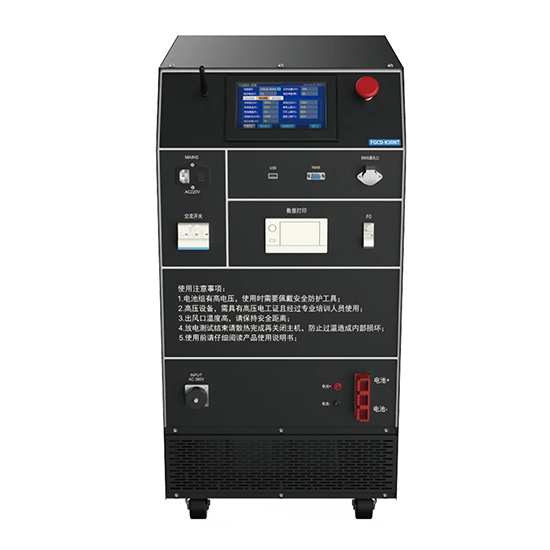
Battery Discharge Controller: Efficient Power Management for Optimal Performance

# Battery Discharge Controller: Efficient Power Management for Optimal Performance
## Introduction to Battery Discharge Control
Battery discharge controllers play a crucial role in modern power management systems, ensuring efficient energy utilization and prolonging battery life. These intelligent devices monitor and regulate the discharge process of batteries, preventing over-discharge and optimizing performance across various applications.
## How Battery Dischargers Work
A battery discharger operates by creating a controlled load on the battery system while monitoring key parameters such as voltage, current, and temperature. The controller continuously adjusts the discharge rate to maintain optimal performance while protecting the battery from damage.
Modern discharge controllers incorporate advanced algorithms that consider:
- Battery chemistry (Li-ion, Lead-acid, NiMH, etc.)
- State of charge (SOC) and state of health (SOH)
- Environmental conditions
- Application-specific requirements
## Key Benefits of Using a Discharge Controller
Extended Battery Life
By preventing deep discharge cycles and maintaining optimal voltage levels, discharge controllers can significantly extend the operational lifespan of batteries.
Improved Safety
These devices provide critical protection against thermal runaway and other hazardous conditions that may occur during discharge.
Enhanced Energy Efficiency
Smart discharge controllers optimize energy usage, ensuring maximum power availability when needed while minimizing waste.
## Applications of Battery Discharge Controllers
Battery discharge management systems find applications in numerous industries:
| Industry | Application |
|---|---|
| Renewable Energy | Solar and wind power storage systems |
| Automotive | Electric vehicles and hybrid systems |
| Telecommunications | Backup power systems for cell towers |
| Medical | Portable medical equipment |
| Consumer Electronics | Smartphones, laptops, and wearables |
## Choosing the Right Discharge Controller
When selecting a battery discharge controller, consider these important factors:
- Compatibility with your battery type and voltage range
- Current rating to handle your system’s power requirements
- Protection features such as over-discharge, short-circuit, and reverse polarity protection
- Monitoring capabilities including SOC indicators and data logging
- Environmental ratings for operation in specific conditions
## Future Trends in Discharge Control Technology
AI-Powered Optimization
Emerging systems incorporate machine learning to predict usage patterns and optimize discharge cycles accordingly.
Wireless Monitoring
IoT-enabled controllers allow remote monitoring and adjustment of discharge parameters via smartphone apps or web interfaces.
Multi-Chemistry Support
Advanced controllers that automatically adapt to different battery chemistries are becoming more prevalent.
## Conclusion
Battery discharge controllers represent a critical component in modern energy management systems. By implementing proper discharge control, users can achieve significant improvements in battery performance, safety, and longevity across various applications. As technology advances, these systems will continue to evolve, offering even more sophisticated power management solutions for an increasingly electrified world.
Keyword: Battery Discharger




